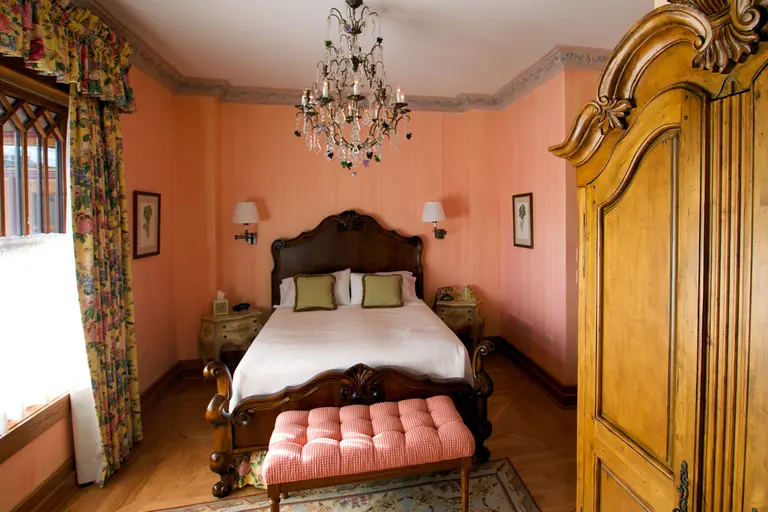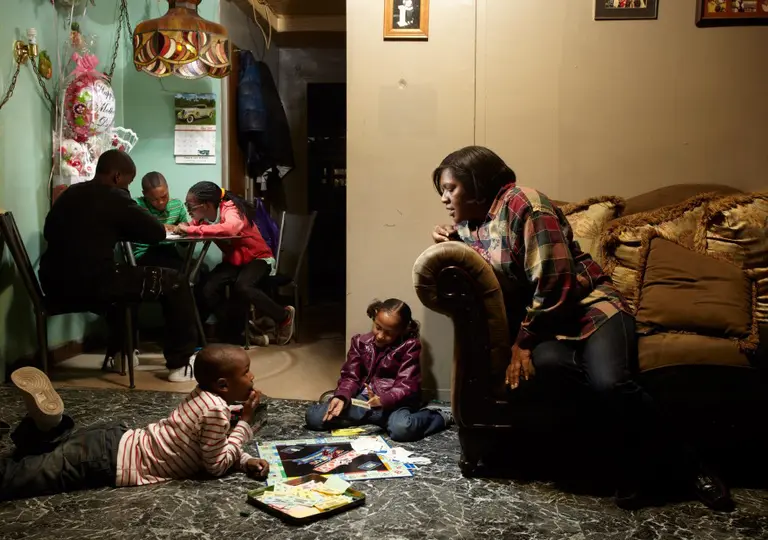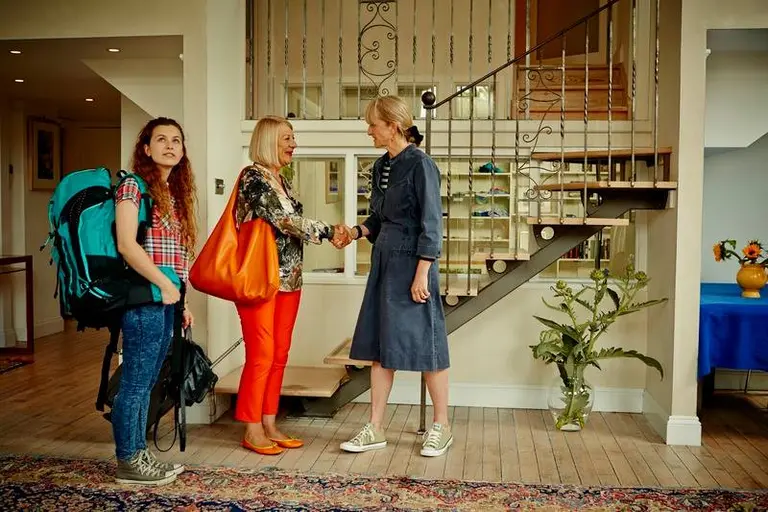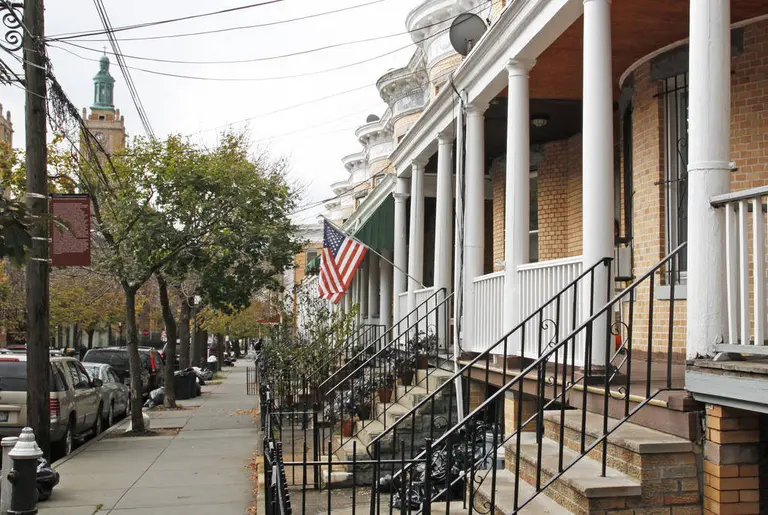Get Free Access to 33 Museums with the New NYC Municipal ID
Interested? Find out more here

Lost in NYC via Ed Yourdon via photopin cc

Image of a B&B Mike Miley via photopin cc
“What’s next? Describing Manaus as the Williamsburg of the Amazon? Katmandu as the Cobble Hill of Nepal?” These are the questions posed by New York Times Standards editor Philip B. Corbett to his writers, who can’t seem to stop comparing everything in the world to Brooklyn. He references The Atlantic‘s article “All the Places The […]

Image © Reed Young

Photo courtesy of Airbnb via Facebook.

Photo © Cameron Baylock